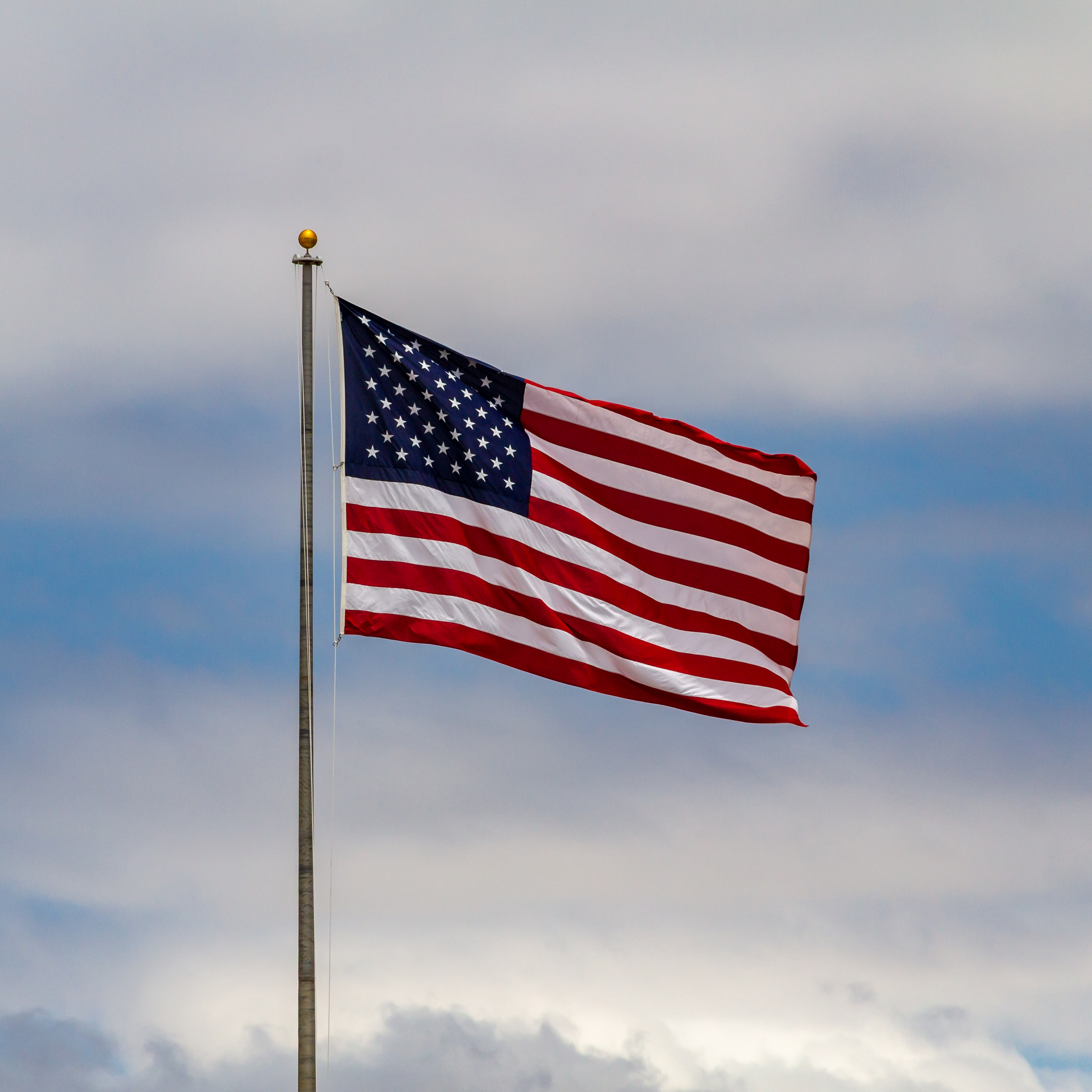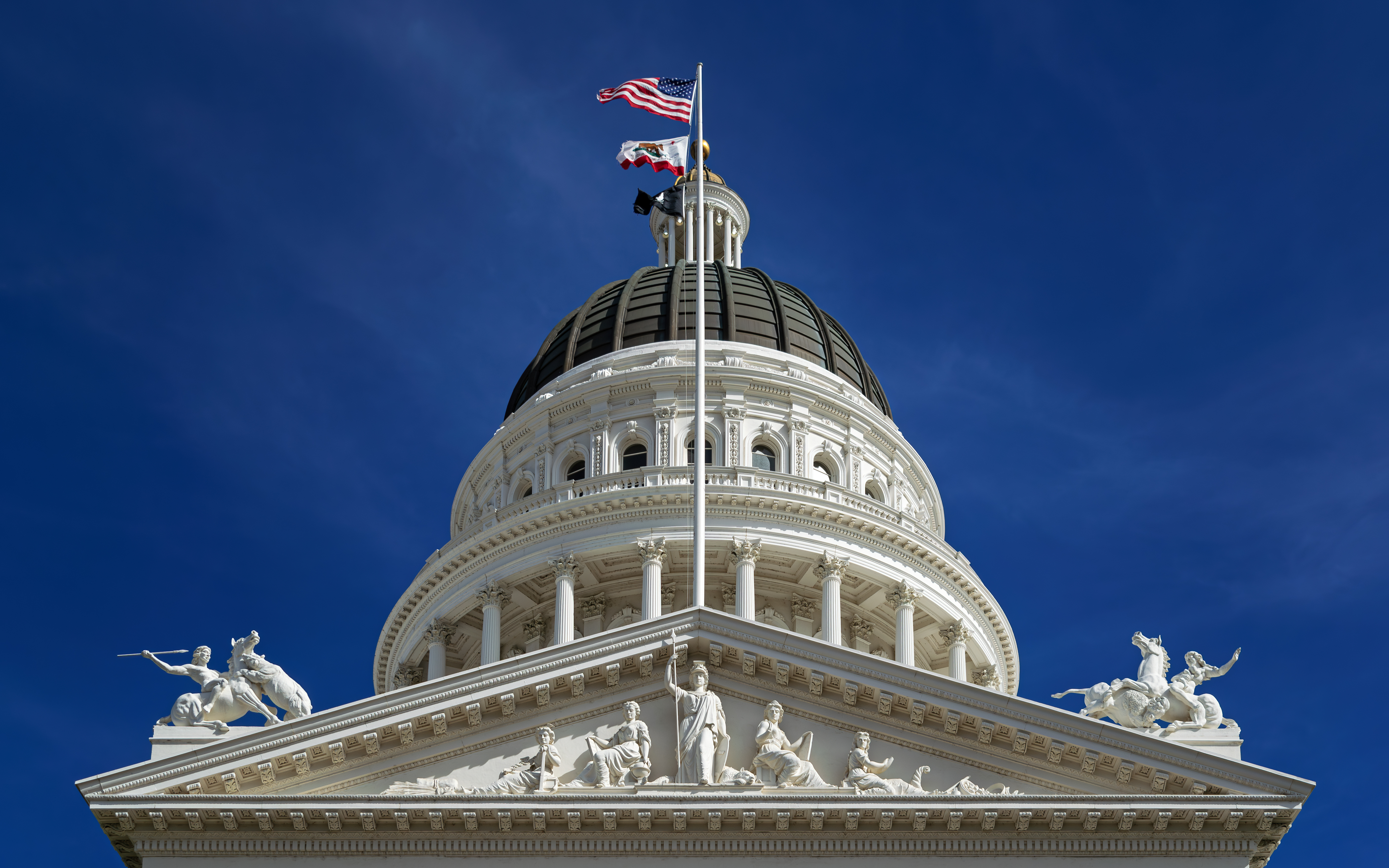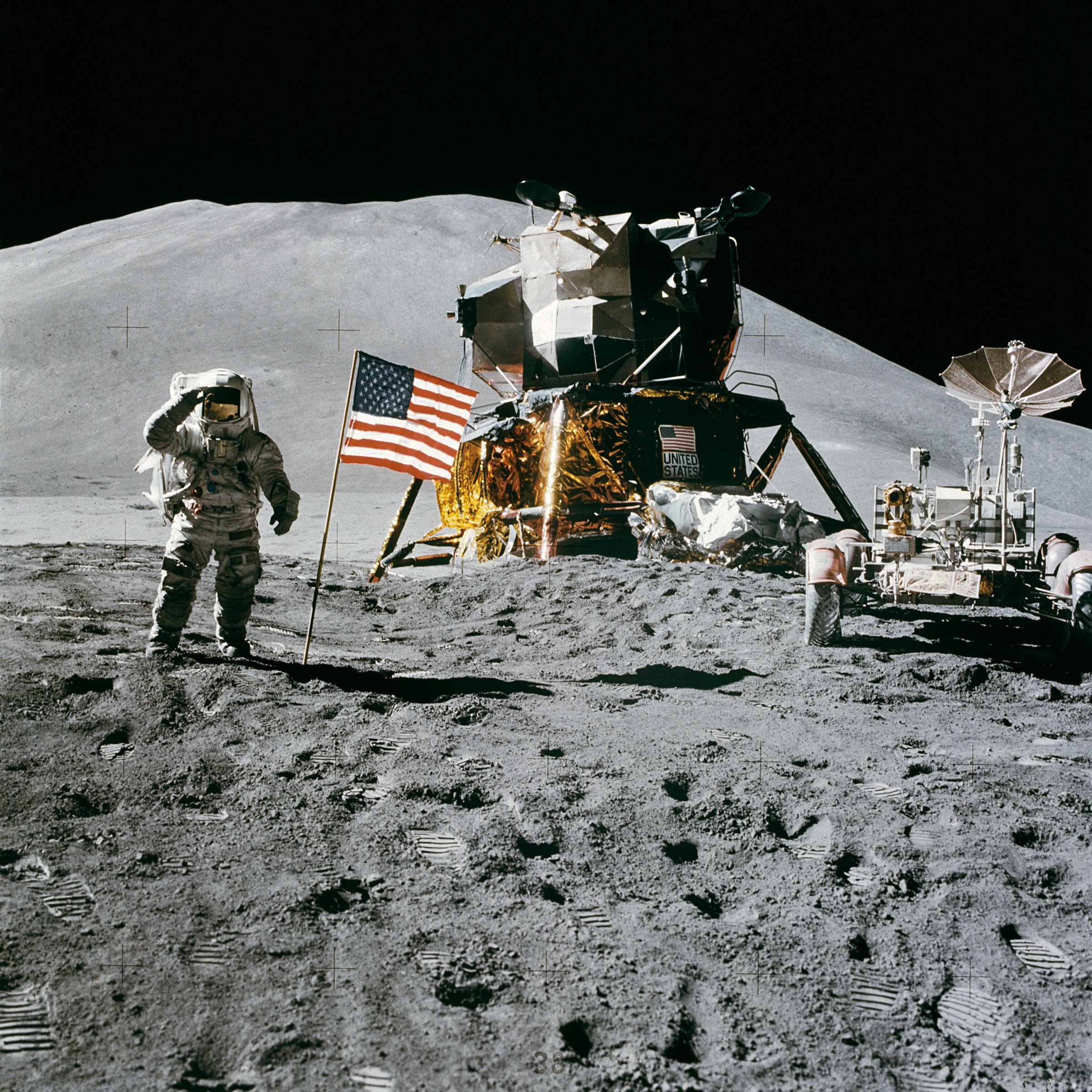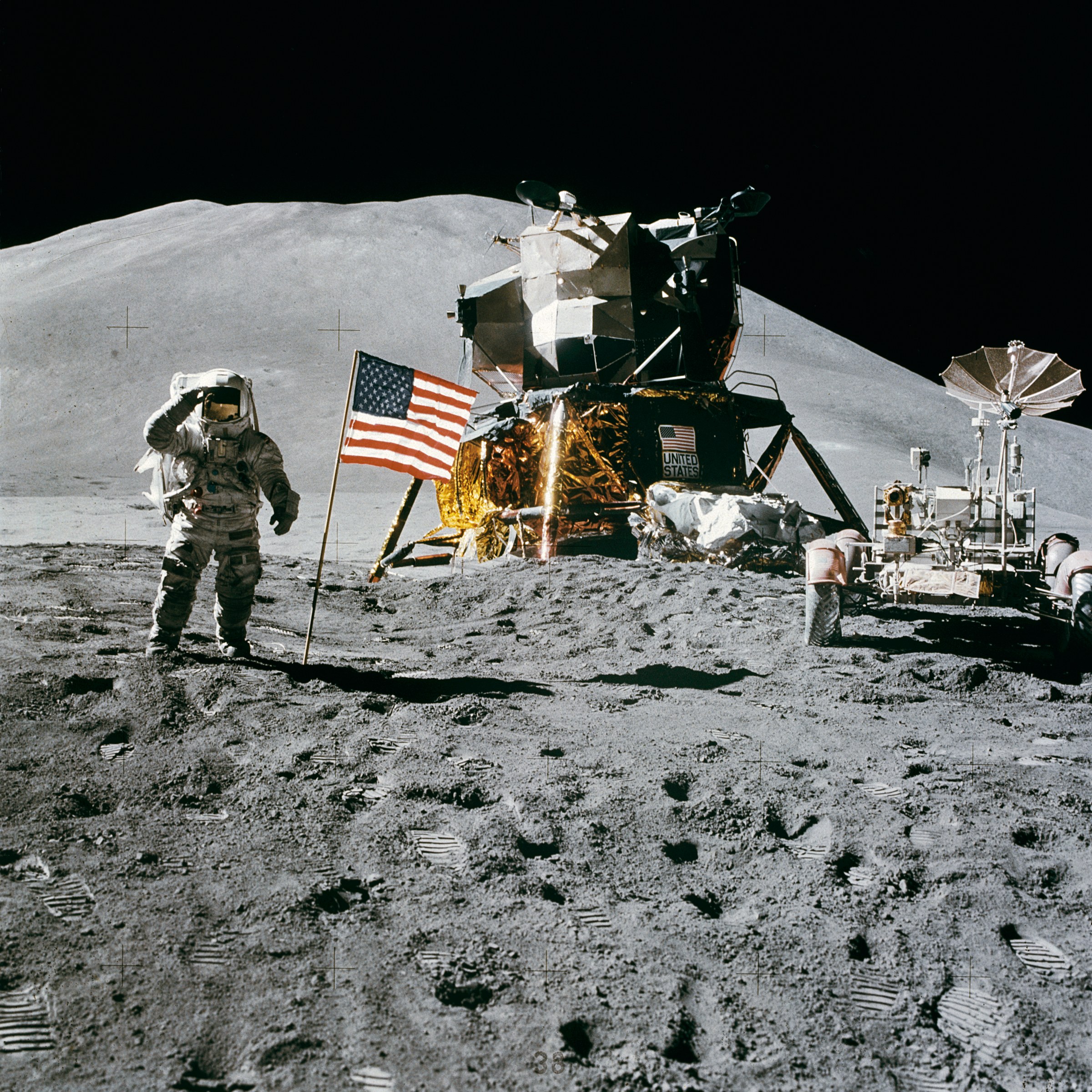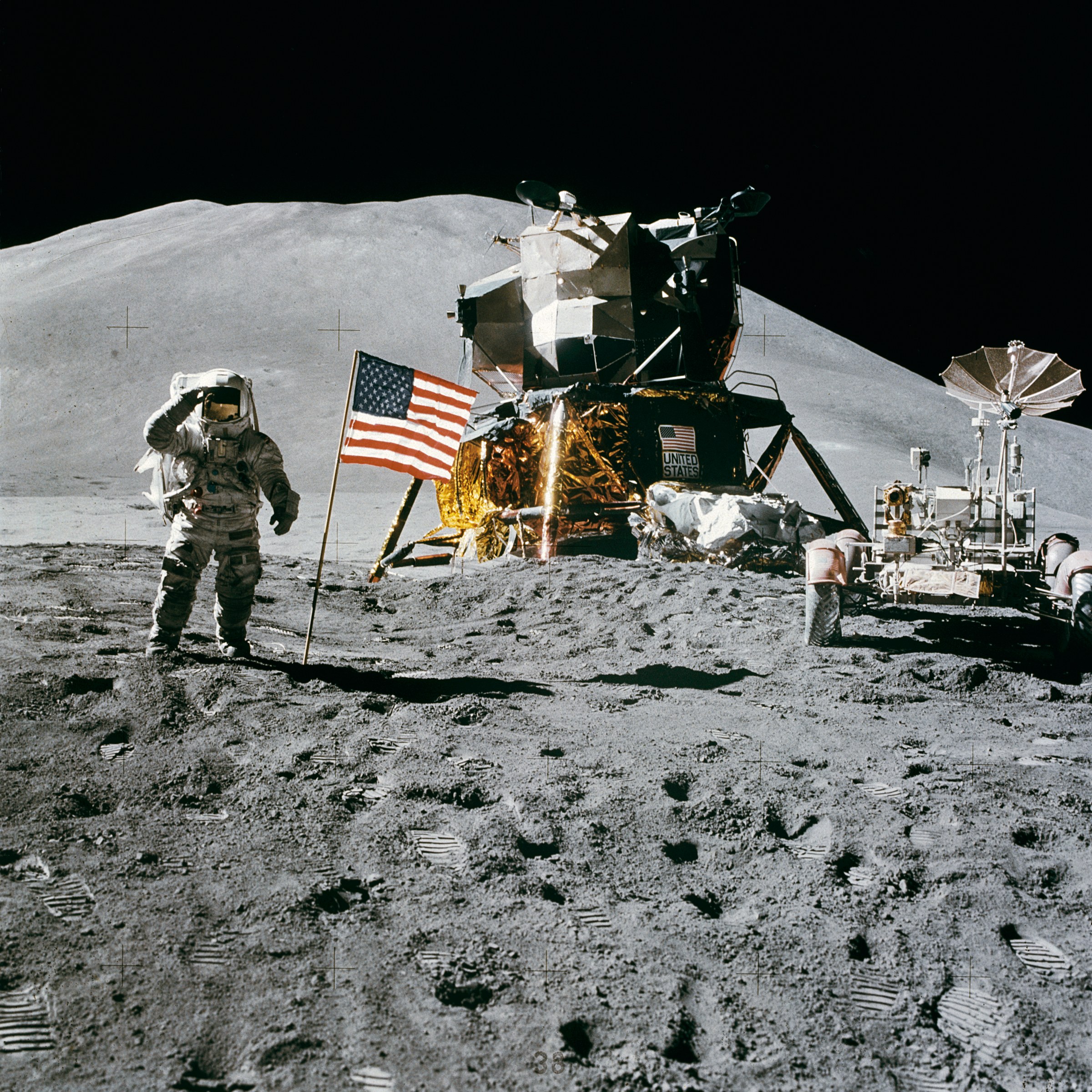Twenty-five years ago, Washington’s brightest minds assured Americans that granting China permanent normal trade relations would usher in prosperity and peace. Today, Senator Jim Banks is delivering the devastating autopsy report on one of the most catastrophic policy failures in modern American history.
The numbers don’t lie, even when the experts did. When President Clinton championed China’s entry into the World Trade Organization, America’s trade deficit with Beijing stood at $84 billion. By 2018, that figure had exploded to $418 billion—a staggering 400% increase that represents the largest wealth transfer from one nation to another in human history.
“The so-called experts promised that integrating China into the global economy would make them more like us,” Banks told Constitution.vote in an exclusive interview. “Instead, we became more dependent on them while they became our greatest strategic competitor.”
The Indiana Senator’s analysis reads like an indictment of the globalist establishment that spans multiple administrations. Treasury luminaries like Larry Summers, Gene Sperling, and Lael Brainard all championed the China experiment, predicting economic benefits that never materialized for American workers. Instead, China’s share of global manufacturing skyrocketed from 8% in 2000 to nearly 30% by 2020, transforming them into what Banks calls “the world’s sole manufacturing superpower.”
Meanwhile, American manufacturing—the backbone of middle-class prosperity—withered under the weight of unfair competition from a communist regime that subsidizes its industries, steals intellectual property, and exploits slave labor. Banks uses his home state of Indiana as a case study, documenting how communities that once powered America’s industrial might were systematically hollowed out by policies crafted in Washington boardrooms and university faculty lounges.
The constitutional implications run deeper than economics. The Founders granted Congress explicit power to regulate foreign commerce precisely to protect American interests from foreign manipulation. Yet for a quarter-century, establishment politicians from both parties effectively surrendered this constitutional authority to international bodies like the WTO, prioritizing globalist integration over national sovereignty.
“Our Constitution doesn’t say Congress should regulate commerce to benefit China,” Banks observed. “It says we should regulate it to benefit the United States of America.”
The geopolitical intelligence failure proves even more damning. Rather than liberalizing China as promised, permanent normal trade relations enabled the rise of America’s primary strategic competitor. Beijing used access to American markets and technology to build a surveillance state, threaten Taiwan, commit genocide against the Uyghurs, and challenge American leadership across the globe.
The COVID-19 pandemic finally exposed the national security implications of this dependency. When Americans needed medical supplies and pharmaceuticals, we discovered that our supply chains ran through the same regime that had unleashed the virus and then lied about it to the World Health Organization.
Banks’ anniversary analysis arrives at a crucial moment for American trade policy. With China increasingly aggressive toward Taiwan and American interests, the Senator’s data-driven approach provides constitutional conservatives with irrefutable evidence that America First trade policies represent not protectionism, but restoration of the Founders’ vision of economic nationalism.
The path forward requires acknowledging what Banks calls “the great trade reckoning.” This means rebuilding American manufacturing capacity, reshoring critical supply chains, and using our economic leverage to advance American interests rather than subsidize our competitors.
Patriots should view this historical moment as an opportunity, not a crisis. America built the world’s most dynamic economy once before, and we can do it again. The same innovative spirit that powered the Industrial Revolution and won two world wars remains alive in communities across the heartland.
The experts who promised that China would become more like America were wrong about everything that mattered. Now it’s time for America to become more like America again—sovereign, prosperous, and free.

